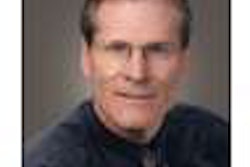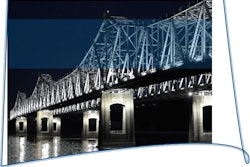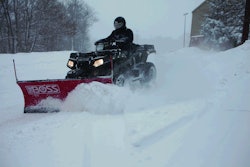
People make assumptions about the news business. Sometimes people think that the news media is biased or is bought and paid for. And in some cases it is.
But that’s not the laundry I’m hanging out.
No, my laundry comes from the everyday life of a newsroom. A fact of life in such places today is that there are fewer reporters than there used to be. Our declining newspapers especially suffer and television fares a little better but not much. The handful of major players may be exceptions.
At the same time specialist news outlets pop up all over the web, many of them one-man operations with experts focusing very narrowly on their topic. That’s good perhaps for you and I because it delivers a lot of expert voices.
But the public doesn’t go to these places.
So the people out there don’t really know enough about the work you do. But what is enough?
The general idea is that an informed public is the best way to ensure our system works at its most efficient. A public that understands your value to the community, the difficulties you face out there on the jobsite, how their fuel taxes are working, why repairs have to be made, why some work takes a while and so on. Back to the shrinking newsrooms. The reporter covering transportation infrastructure issues in your town is probably not a transportation specialist. That reporter will cover a variety of subjects in a day’s work. Now the laundry.
To do the job the journalist will gather low-hanging fruit. It may come from a press release; it may be some obviously videogenic work where a bridge is being replaced or a road is blocked off. It may be a breaking news story like a broken water main or sinkhole. Not much depth. So the coverage leaves the public mostly in the dark about what you do.
 [email protected]
[email protected]But that reporter, given a good supply of information and education and people to talk to, given the chance to “own” the topic, to understand it enough to do some really good work, can be a huge asset to you. That reporter can help educate a public that will, for example, be influential in how much funding is made available for road and bridge work, a public that will take more care in work zones and that will not blame you for every pothole they hit.
So find the local reporters covering your industry and invite them to your office and out to a jobsite. Invite them and they will come.












